
CHERISH Pilot Grantee Highlight Low PrEP Use Among Women
The introduction of pre-exposure prophylaxis (PrEP) for HIV prevention has been paramount to reducing HIV transmission and improving the lives of people living with HIV. However, trends in HIV cases and PrEP uptake suggest unaddressed opportunities to reach women and other communities at risk of contracting HIV. Cis-gender women represent 20% of new HIV cases […]
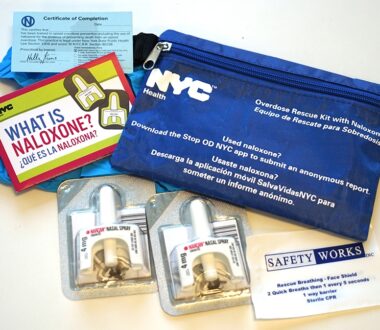
Research Highlights Prevention Efforts in Fentanyl Overdoses
The overwhelming majority of those in New York City who obtained a naloxone kit to counteract opioid overdose had a high need for the drug, according to a new study by Weill Cornell Medicine investigators and the New York City Department of Health and Mental Hygiene. The study, published Jan. 16 in the Journal of Urban Health, […]
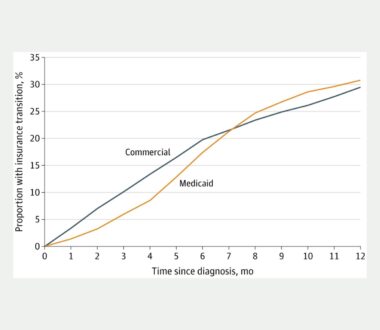
Insurance Instability for Patients with Opioid Use Disorder in the Year After Diagnosis
Access to health insurance is crucial to gaining the necessary diagnostic and therapeutic services to achieve and maintain good health. Insurance is especially necessary to access medications for opioid use disorder (MOUD) as the cost of MOUD can be a barrier to staying in treatment. If insurance coverage is disrupted, MOUD treatment may be more […]

Initiation of Hepatitis C Treatment Low Among Medicaid Recipients
While there are highly effective treatments for the hepatitis C virus (HCV), only 1 in 5 Medicaid enrollees diagnosed with HCV started treatment, according to a retrospective study led by researchers at Weill Cornell Medicine and Cornell University’s Ithaca campus. The findings revealed that treatment uptake rates were even lower among people under 30, women, […]
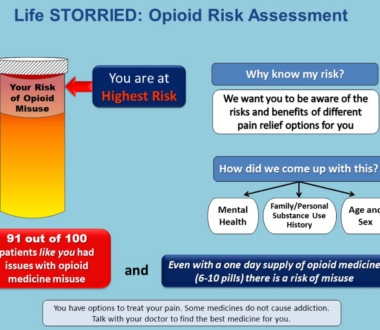
Patient Preferences Do Not Explain Racial Disparities in Opioid Prescribing
Why are Black patients less likely than white patients to be prescribed opioids for acute pain in the emergency department (ED)? While many theories have been put forward (ranging from racial differences in patients’ pain management preferences to providers’ false beliefs in biological differences between racial groups), the specific mechanisms underpinning these disparities are unclear. […]

Pilot Grant Recipients Receive Funding to Examine Health Disparities Related to the Treatment of Substance Use Disorders, HCV, and HIV
Shoshana Aronowitz, PhD, MSHP, FNP-BC Follow Shoshana Aronowitz, PhD, MSHP, FNP-BC, on Twitter @shoshiaronowitz. Shoshana Aronowitz is a family nurse practitioner, community-engaged health services researcher, and assistant professor in the Department of Family and Community Health at the University of Pennsylvania School of Nursing. Her research examines innovative delivery models to promote equitable access to substance […]

Welcome CHERISH Advisory Board Member Dr. Victoria Behar-Zusman
The Center for Health Economics of Treatment Interventions for Substance Use Disorder, HCV, and HIV (CHERISH) is thrilled to have Dr. Victoria Behar-Zusman joining as a member of the Center Advisory Board. Dr. Behar-Zusman is a principal investigator of the Center for Latino Health Research Opportunities (CLaRO) and leads the Investigator Development Core at the Center for HIV and […]
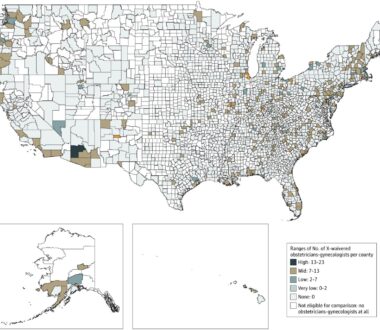
More X-Waivered Obstetrician-Gynecologists Needed to Address Opioid Epidemic
“X-the X Waiver” has been the slogan used by physicians and public health advocates fighting for greater access to buprenorphine, a medication proven to treat opioid use disorder (OUD) with higher effectiveness than many other treatments. Despite being safe, however, buprenorphine is tightly regulated, and to prescribe it, health care providers need a permit (the X-waiver) […]
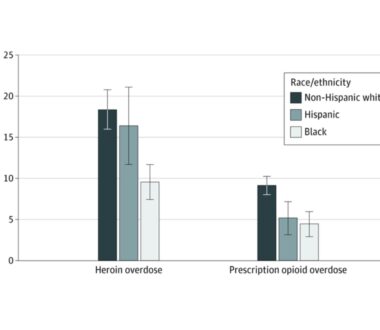
After Opioid Overdose Emergency, Few Patients Receive Timely Follow-up
An opioid overdose is significantly more than an isolated event. Patients who present to the emergency department (ED) with overdose have a 6 percent risk of dying in the following year. As with other high-risk acute conditions, we expect patients who survive overdose to receive evidence-based treatment after leaving the hospital. Whether the overdose was due to prescription […]
Engage with CHERISH
Submit a Consultation Request or Contact Us to learn more about how CHERISH can support your research or policy goals.